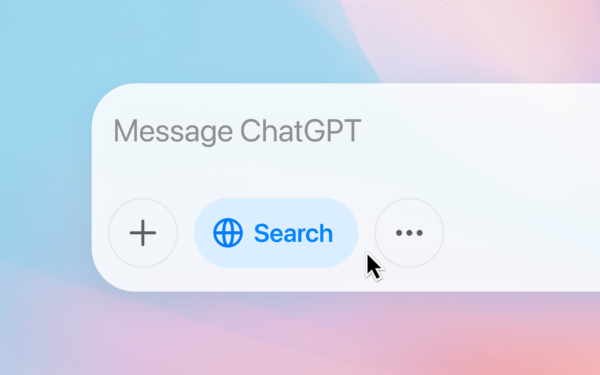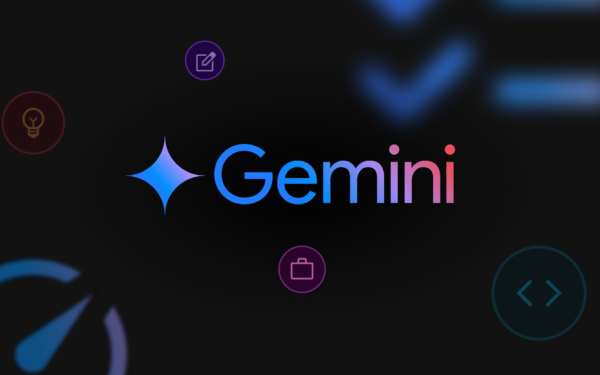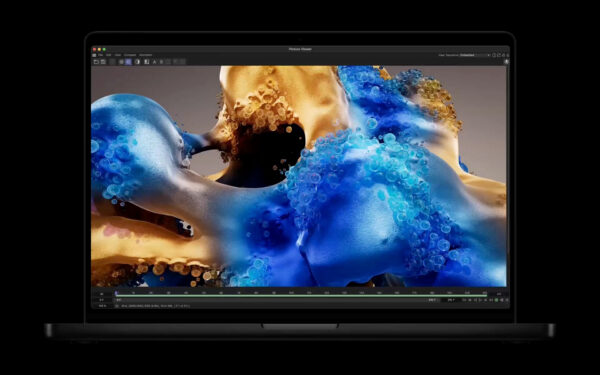A new Wall Street Journal report lays out the novelty of Microsoft’s big six-month artificially intelligent led chatbot push with numbers indicating the needle hardly moved in gaining search market share from Google.
According to the report, Bing maintains its worldwide market share of 3% following its six-month long campaign to get users acquainted with generative AI services and platforms from the company.
In January, Bing search accounted for roughly 1% of the monthly visitors Google received and the latest measurements for July show the same 1% of traffic for Microsoft’s search engine offering.
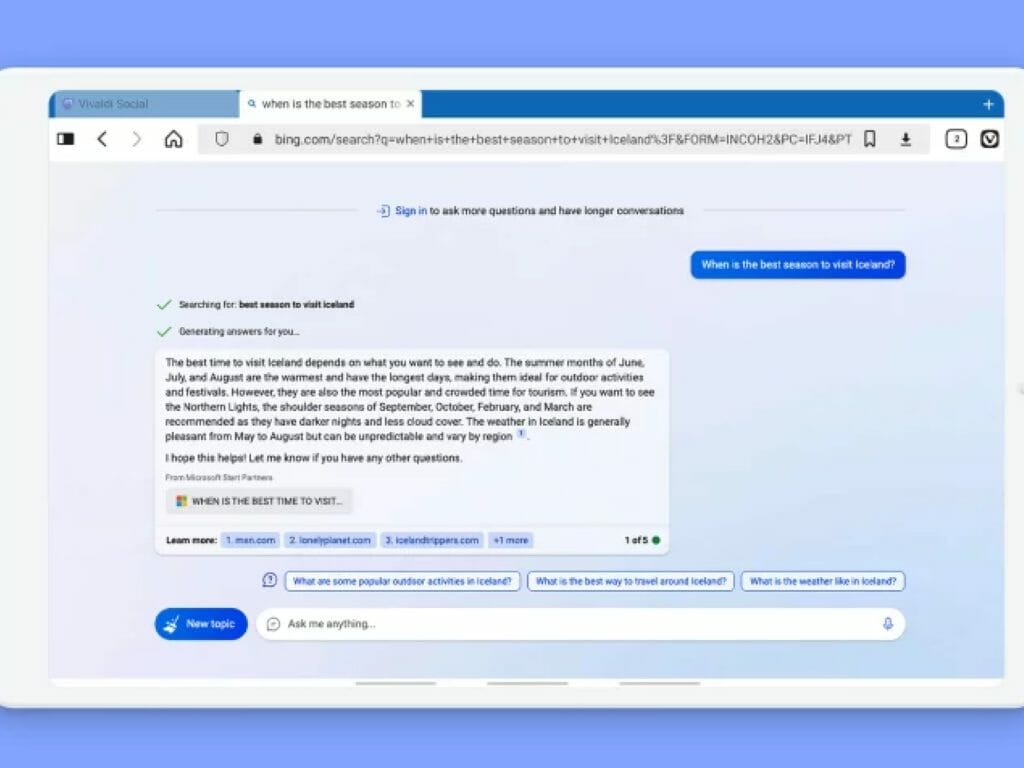
Despite the stagnation in market share, Microsoft CEO Satya Nadella and other company executives continue to extol Bing Chat as a success. Internally the company may be leveraging the 10% increase in overall Bing user base to 98 million since the launch of BingChat as its success marker, but as significant a number as that may be, Google continues to hold a 1.12 billion cadre of users at its disposal.
Fortunately for Microsoft, search isn’t as pivotal business as it is for Google as it accounts for 6% of revenue for the company and its rush to inject search with the results of its OpenAI partnership may be a strategic business move than mad dash for users to Bing.
While co-founder of MarketMuse Jeff Coyle is cited in the Wall Street Jornal report as saying Microsoft “missed a huge boat,” with the way it rolled out BingChat, the Nadella stands behind his earlier comments of simply wanting to “make Google dance.”
The idea behind BingChat being an explosive services users couldn’t live without is a far-reaching dream, but the idea that Google would have to respond with a similar service that can ultimately dilute its comingled Search and advertising platforms may be the more realistic dance Microsoft was looking forward to.
Google has rolled out Bard in the subsequent months to since Microsoft launched BingChat to mixed results, but it should be noted the search giant helped develop early forms of large language models and generative AI but held off due to the implications and effects it would have on its Search Engine and advertising business.
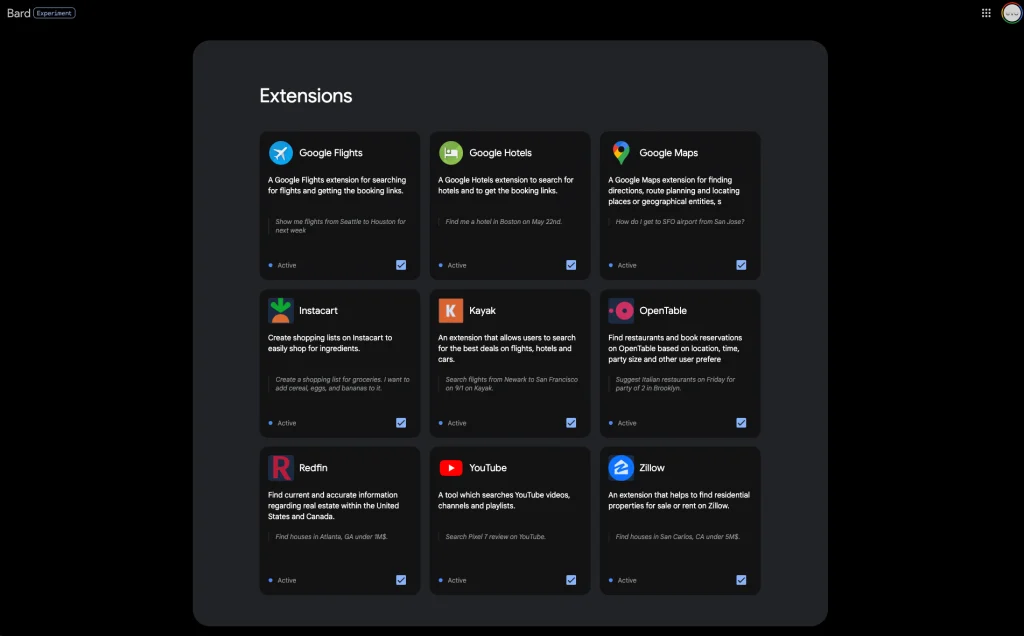
Google is now rushing to update its other services and platforms with an updated AI model that will be injected into Bard and offer more encompassing integrations between AI and user that includes regional colloquial responses, emphasis on users’ historical preferences and more.
Microsoft may not have gained any market share with its BingChat blitz, but the use of generative AI is becoming democratized and has forced Google to respond in kind. While users still rely on decades of muscle memory for internet-based searches that allow Google to offer an ad-based monetization platform for businesses, services infused with more immediate and hyper focused answers to more specific prompts and queries are now a thing and could be a disruptor to the old search and ad handshake.

